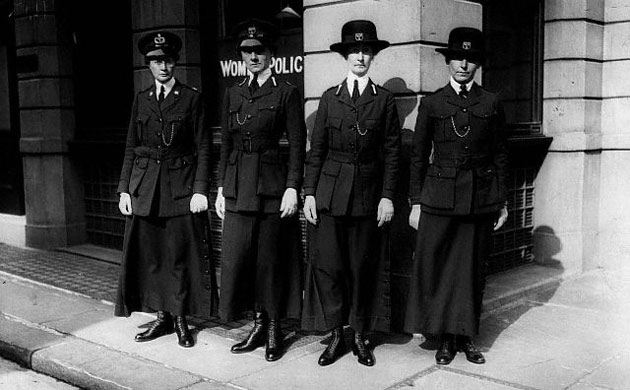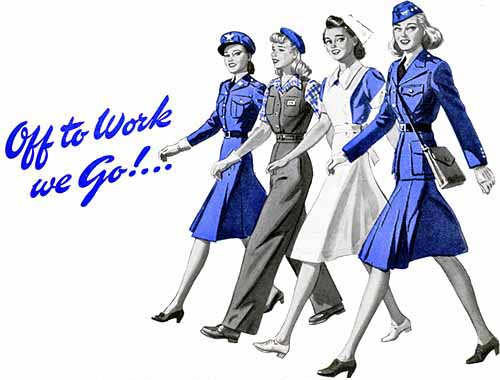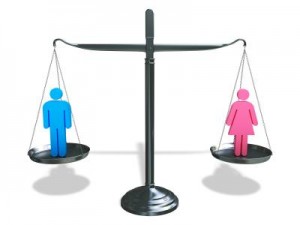
Policewoman during World War I.
As the 100th anniversary of the Great War nears, it brought out a reflection of the many sacrifices. Although the war killed millions, it catalyzed social, economical, and technological changes.
Before the war, women were mostly homemakers. But during the war, many of the jobs once dominated by men were replaced by women as the men headed overseas to fight. Women became clerks, polices, doctors, postmen, factory workers and many more. For the very first time, women took on front line roles. 
As opined by Kate Adie, women gained more equality and self-ownership as a result of the war. It benefited women more than what they had gainedthrough attaining suffrage right. Women were affordedeconomic opportunities by taking rolesprimarily reserved for men. This change promoted gender equality and led to the important role of women in the workforce today.

Gender equality in the workplace.
Nowadays, it would be unethical for a company to base their recruitment policy on the gender of the applicants.Just like men, women deserve equal opportunities. An economy will not function properly with one gender contributing solely. A prospering economy needs both genders to stimulate competition and to promote growth.
Blog: http://www.eif.co.uk/blog/2014/was-vote-only-legacy-women-ww1#.VF8ehFPF-Gg
Images: http://static.guim.co.uk/Guardian/world/gallery/2008/nov/11/firstworldwar-women/Gall5-9972.jpg
http://ecosalon.com/wp-content/uploads/of-to-work-we-go1.jpg
http://mrsprofessionalism.files.wordpress.com/2012/02/gender-equality-in-the-workplace.jpg